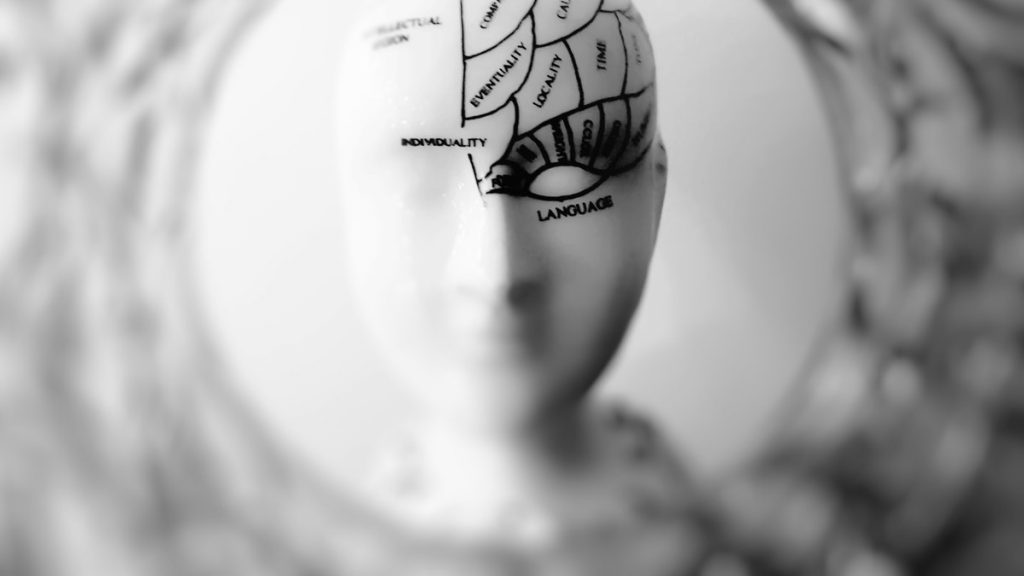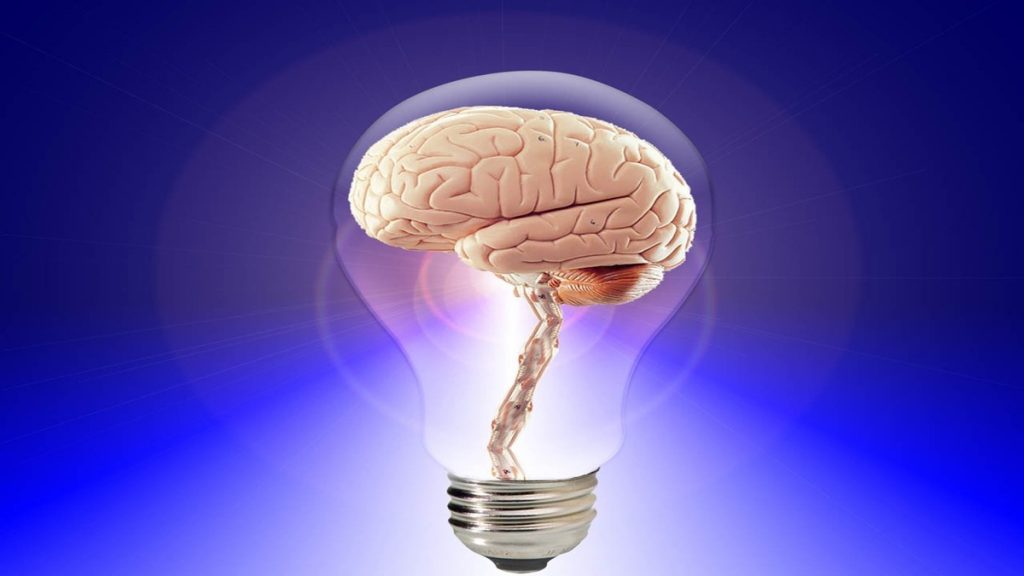Disclaimer: We sometimes use affiliate links in our content. For more information, visit our Disclaimer Page.
What are Fluid and Crystallized Intelligence? These two types of intelligence may be confusing, but it’s important to know the difference between them. To figure out which type you have or what your employees might possess, learn more about each one below:
- Fluid intelligence is the ability to solve novel reasoning problems, and it’s correlated with several critical life skills, such as comprehension, problem-solving, and learning. These skills are usually lost as we age due to age-related changes.
- Crystallized intelligence refers to knowledge accumulated through experience and education like vocabulary and math skills, which do get stronger with age because they’re used more often.
Intelligence
The intelligence that we possess is more than just the accumulation of facts. It also encompasses our ability to learn new things. Psychologists have different definitions for how they measure intelligence. There are many ways in which it can be acquired, used, or stored by a person at any given time.
What are Fluid Intelligence and Crystallized Intelligence?
Fluid intelligence and crystallized intelligence are both factors of general intelligence (g). Fluid intelligence (Gf) involves our current ability to reason and deal with complex information around us, while crystallized intelligence (Gc) involves learning, knowledge, and skills acquired over a lifetime.
Fluid intelligence is a capacity needed for abstract reasoning and speeded performance, whereas crystallized intelligence refers to knowledge acquired through one’s culture, including verbal ability and social understanding.
Different Types of Intelligence

Scientists and psychologists have been debating for a while what the definition of intelligence is. Some say that it’s your knowledge about many different subjects; others might argue that quick thinking and reasoning are more important than anything else when referring to someone being intelligent. The two types of these definitions proposed by experts in psychology represent “fluid” or “crystallized.”
Fluid intelligence is the aptitude for thinking and reasoning flexibly and creatively. Crystallized intelligence is the knowledge that accumulates throughout life as well as facts, abilities, etcetera.
Research suggests that while fluid intelligence decreases after adolescence, crystallized intelligence increases throughout adulthood.
Raymond Cattell first proposed fluid and crystallized abilities, who later developed the ideas with his former student John L. Horn.
The Cattell-Horn-Carroll theory integrates two previously established theoretical models: the fluid and crystallized intelligence model, which predicts how well a person performs on different tasks, and Carroll’s three stratum theory.
What is Meant by Fluid Intelligence?

The fluid intelligence of a person is the capacity to solve problems and use new knowledge in different situations. This skill helps you when faced with an entirely different problem that cannot be solved using your existing knowledge.
Cattell’s definition of fluid intelligence is “the ability to perceive relationships independently of previous specific instruction or practice.”
Fluid intelligence is rooted in physiological functioning, and, as a result, people start to lose their ability for it the older they get. This can often accelerate with time, sometimes starting at your 20s and progressing into old age.
What is Meant by Crystallized Intelligence?

Crystallized intelligence, also known as crystallized knowledge or Gc, measures your personal experiences and education that determine how much you know about general information. For example, if someone has a high score in this test, they would have been exposed to more culture (e.g., books) than those who scored low on it. Crystallized intelligence can be seen as one part of general intelligence, which Cattell first proposed in 1971.
Crystallized intelligence is the knowledge that comes from past experiences and prior learning. Situations in which you need crystallized are reading comprehension or vocabulary exams, for example. Crystallized intelligence refers to facts, skills, or information learned through school experience.
Your crystallized intelligence is typically increased throughout one’s lifetime. The more learning and experience you have, the more it builds up! And as we age and accumulate new knowledge and understanding, our level of crystallized intelligence becomes stronger too!
Research has shown that older adults are more developed in crystallized intelligence, as reflected by greater semantic knowledge, vocabulary, and language. This means they outperform younger people on measures of history, geography, and even crossword puzzles where this information can be used effectively (Salthouse 2004).
Theory Of Fluid and Crystallized Intelligence
The Cattell-Horn theory of fluid and crystallized intelligence suggests different abilities involved in overall individual intelligence. These two types of intelligence work together to produce overall individual intelligence.
The Gc and Gf theory of cognitive abilities is a psychometric theory that aims to determine the intelligence and ability levels in any subject. It has largely been supported by factor analytic studies, developmental research on intelligence, school/education achievement, and biological/genetic evidence.
Who Gave the Concept of Crystallized and fluid intelligence?
Psychologist Raymond Cattell introduces the concept of fluid and crystallized intelligence in the R B 1963 theory of fluid. He states that general intelligence (g) can be broken down into two parts: fluid intelligence (Gf) and crystallized intelligence (Gc).
When we learn new information, it’s a process that takes both fluid and crystallized intelligence. Fluid intelligence refers to problem-solving, and when the knowledge has been processed enough through reasoning with our thoughts, it becomes part of what we call “crystallized” or long-term memory.
Improving Intelligence
Recent research suggests that brain training may lead to improvements in fluid intelligence as it develops cognitive abilities, even for older adults.
It’s important to note that students who are naturally drawn or excited by the subject will tend to do better on vocational knowledge tests. This is because they constantly invest their intelligence over a long time into studying relevant information, which can often be tedious if one isn’t motivated and interested in it.
Crystallized intelligence is something that can be improved through learning. The more accumulated knowledge you have, the higher your crystallization of intelligence will be. So if this interests you, there are many ways to go about it: either by continuing your formal education or even just doing research on what’s out there informally for yourself!
Learning new things can improve your crystallized intelligence over time, but challenging yourself with unfamiliar experiences is also important. When we seek out novel or difficult situations, our brains require more from us and, in turn, teach us how to perform better when faced with similar challenges later on.
Can Fluid Intelligence Be Improved?
Scientists have long debated whether or not fluid intelligence can be improved. A study led by Susanne M. Jaeggi and her colleagues has given us some evidence of how it could happen through training as they found that working memory tasks performed over an extended period of time showed participants saw their fluid intelligence improve following this exercise, with those who trained for more days seeing greater results.
The findings in Jaeggi’s study are still debatable, with some researchers finding it difficult to replicate.
Changes in Intelligence
There is a clear decline in cognitive skills before age 60, but this may be related to age-related changes like pathological change. Swedish longitudinal study demonstrates that even the oldest old (i.e., a sample of individuals aged 84 or older) who do not exhibit impairment at baseline assessment demonstrate relative stability over two years for several markers of their cognitive abilities.
Fluid intelligence changes throughout life, with certain mental abilities peaking at different points. For example, fluid intelligence research published in 2015 suggests that some aspects of the ability may peak as late as age 40; however, this does not happen for everyone or even most people; it depends on cognitive development. Crystallized intelligence peaks later on average and can be anywhere from 60-70 years old and varies from person to person depending on their education and experience.
In a nutshell, there are two types of intelligence. One is called fluid, and the other is crystallized. Both increase throughout childhood and adolescence, but their rates differ greatly, with one peaking in adulthood while another in young adulthood or late adolescence. Intelligence crystallized continues to grow as people age, whereas intelligence fluid starts declining around 30/40 years old, as their cognitive skills decline.
Final Thoughts
The experts don’t seem to agree on the nature of intelligence or how many kinds there are. Spearman and Burt argued that there was just one important kind—general intelligence. Raymond Cattell – Cattell R B 1963 theory of fluid claimed two-fluid and crystallized intelligence. Robert Sternberg opts for a three-part (triarchic) conceptualization. Leon Thurstone believed that seven different factors combine to make a person intelligent. Howard Gardner sees evidence of perhaps eight.
What do you think? Is intelligence a singular or plural phenomenon, and what are your thoughts on the different kinds of intelligence that exist? Share in the comments below! We can’t wait to hear from you.
Related Article: What Is Practical Intelligence and How Can It Be Improved?





